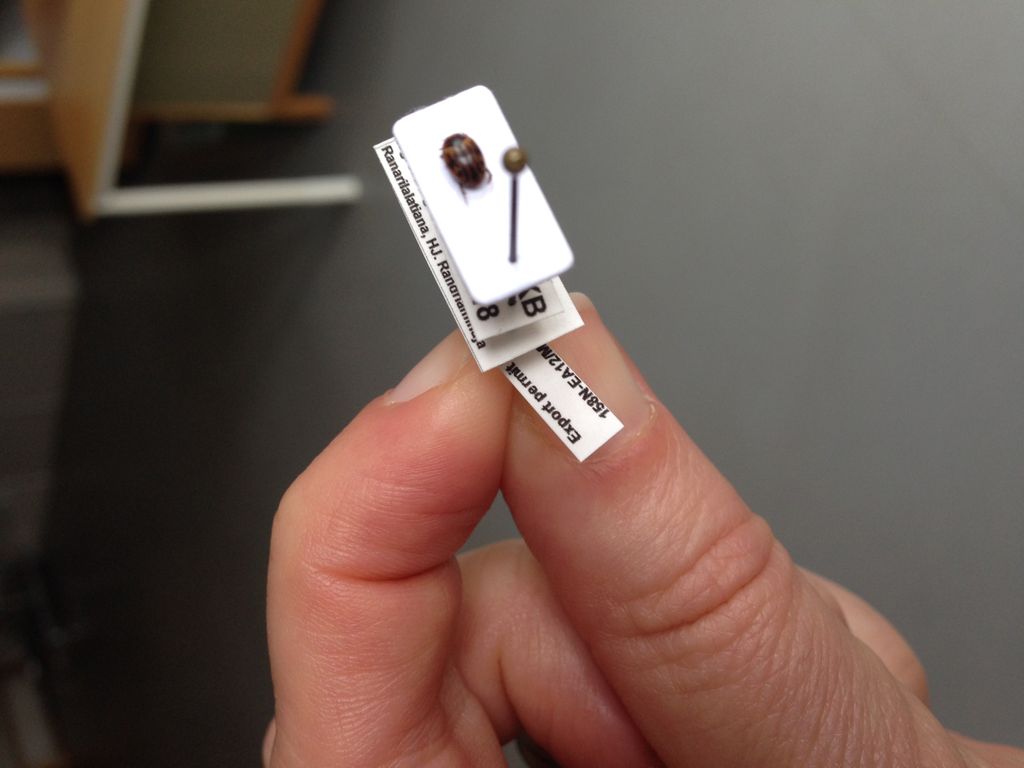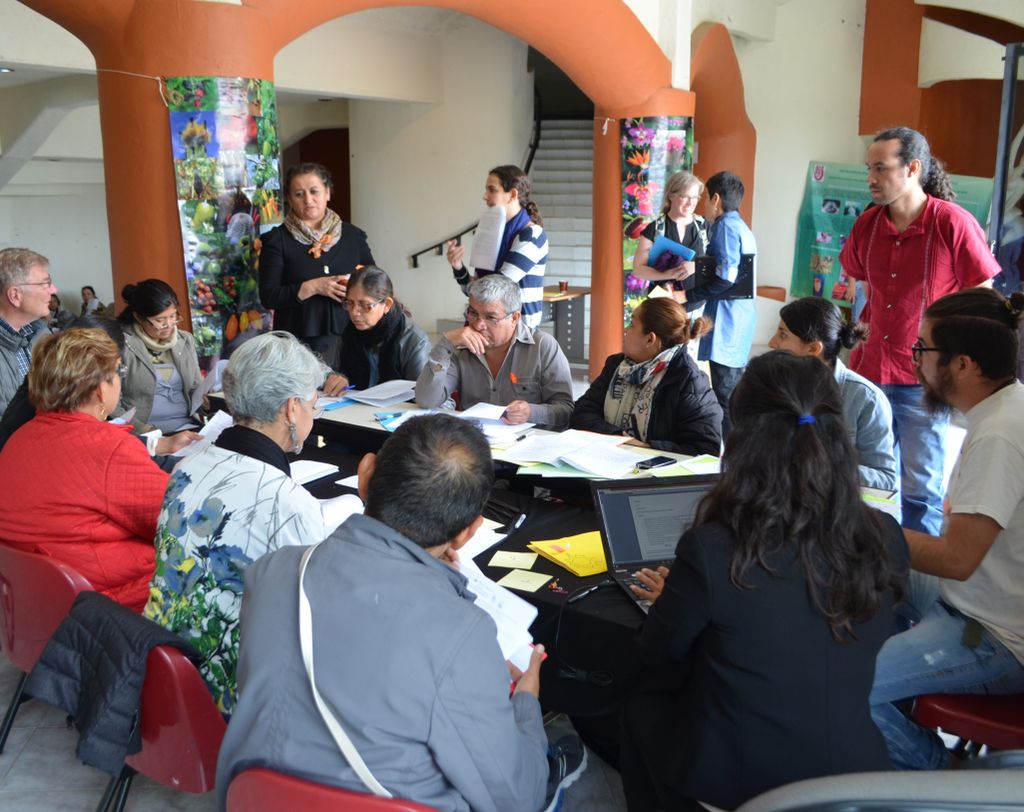ABS Management at the NHM, London

-
Status of project
Completed -
Region
Global -
Country
United Kingdom -
Workstream
Sharing Knowledge and Resources -
Topic
Policy and Advocacy -
Type
Case Study
Institutional ABS policies at the Natural History Museum (NHM) London
Project: Completed
Project Partners: Natural History Museum (NHM), London
Example provided by: Chris Lyal, NHM London
ABS at NHM
NHM London has for many years had institutional policies on Access and Benefit-Sharing. With the coming into force of the Nagoya Protocol the Museum reviewed these to ensure they were sufficient. In doing this it made use of the draft CETAF Code of Conduct / Best Practices. No precise wording is given in the CETAF documents, but they were used to ensure that the Museum addressed all of the elements effectively, and the policies were sufficient and appropriate to manage compliance with PIC and MAT and the EU Regulation on ABS. ABS elements are incorporated in several NHM policy documents: NHM Collections Governance; Collections Access and Information Policy; Collections Document Policy.
With the entry into force of the EU Regulation on ABS and its clarification through guidance from the European Commission and the UK Competent National Authority, NHM is reviewing all elements of its ABS policy implementation to ensure that these will deliver both compliance with the Regulation and support management of PIC and MAT. The document to accompany all material entering the collection has been revised, making use of the CETAF Material Transfer Agreement but with additional input from the Museum’s legal advisor. NHM is also using a slightly adapted CETAF Use of Biological Materials document to give information to the Competent National Authority of countries where it is seeking permission to collect, noting that the uses detailed are subject to the PIC as granted (see http://nagoyaprotocol.myspecies.info/node/5). The Museum has invited the UK Competent Authority to make a Regulatory Enforcement visit to review our mechanisms, and was the first UK institution to have done so. This visit has now taken place and was very positive; the regulator made several helpful suggestions which have been incorporated in our planning.
Oversight of the NHM activities on ABS is by the Museum’s Registrar. She provides advice to staff, and is responsible for managing policies and procedures. In the review of ABS compliance a small team have been brought together from relevant NHM sections to advise her and provide information. This team will themselves be able to provide information to other staff.
Data Management
An important component of compliance is data management. The NHM Collections database, KE-EMu, is a generic system tailored to the needs of the NHM. It handles acquisition by the Museum of all specimens, and their subsequent placement in the collections, identifications, loans etc. Each acquisition record is given a unique identifier, which is physically attached to all specimens or samples it covers, generally also with a barcode or QR-code label. The acquisition record is also attached in the database to a scan of the associated documents (including permits, PIC and MAT, export permits etc). The procedures for attaching the documents have been tightened recently to ensure consistency across the Museum in which records are linked to the documents, and the naming of the documents, both of which will facilitate retrieval. Further changes are anticipated as a result of the current review.
A major problem is that conditions in PIC and MAT differ between different countries, and often between different agencies within a country. This presents a difficult data management problem, and NHM looks forward to working with provider countries to develop standard conditions to facilitate management and delivery. Consideration is being given to the most effective way of flagging specimens with key restrictions or requirements, but no decision has yet been taken on how to do this most effectively.
Awareness-raising and information-sharing
An important component of developing an effective sectorial compliance landscape is information sharing. The team supporting the Registrar on ABS will assist in this. Policy briefings are given regularly to all staff, and when the review of ABS procedures is complete, meetings and supporting documents will be produced.
NHM has collaborated with the Royal Botanic Gardens, Kew and the Royal Botanic Gardens Edinburgh to develop the ABS Information Forum website (http://nagoyaprotocol.myspecies.info/) containing information to raise awareness and help staff manage ABS issues effectively. Among other content, this site includes links to other helpful websites, including that of the Linnean Society and the Society for the Preservation of Natural History Collections. Currently there is a strong interest in developing more of these resources, either separately or as a joint effort, for access by Learned Societies across disciplines in the UK.
Benefit-sharing
NHM staff have been managing benefit-sharing activities for many years. Depending on the scale of the project benefits range from return of identified specimens, supplying lists of species collected (including those new to science and newly-named), supply of scientific publications, employment of local staff, short- and long-term collaboration with local counterparts, training students and others, joint fieldwork and research, supply of equipment from chemicals to microscopes to vehicles, and studentships.
Wider Engagement
NHM is a member of both the Consortium of European Taxonomic Facilities (CETAF) and the Global Genome Biodiversity Network (GGBN). Both consortia created teams to address ABS on behalf of their members, and develop best practices and tools. NHM has contributed to both through one of its staff being member of these teams. NHM is also represented on the Defra stakeholder group on ABS, ensuring engagement with the policy process, and a staff member has been part of the UK delegation to EU and CBD meetings on ABS. For the last four years, a member of the NHM staff has chaired the CBD’s Informal Advisory Committee to the ABS Clearing House.


